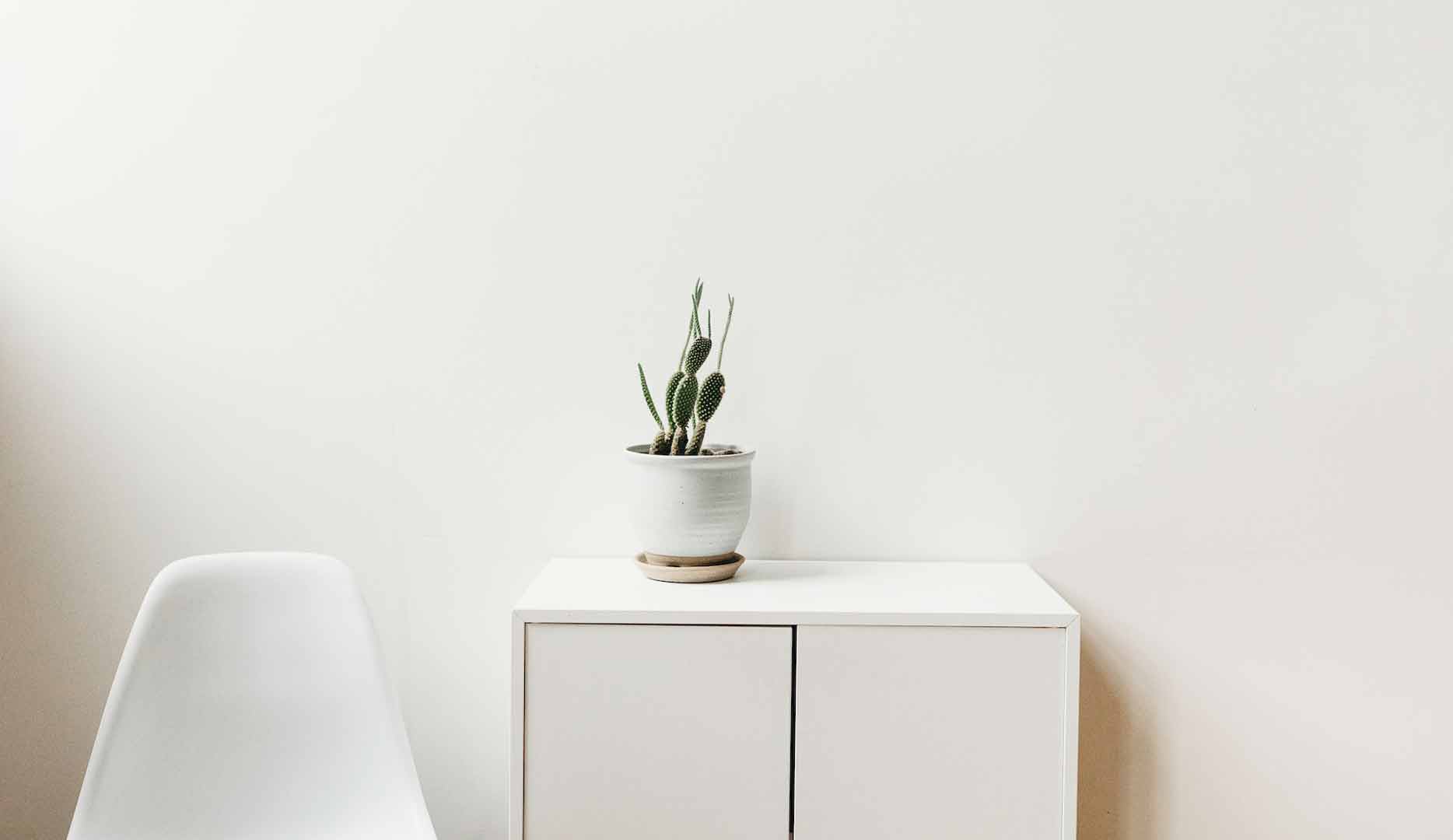W
ould you own just 5 pairs of underpants, 4 pairs of shirts, 3 chairs,
a pair of jeans and a laptop if you have plethora of options to choose from? Its highly unlikely.
Throughout our childhood till now, advertisements over television, radio, newspaper, magazines and internet necessitates
and compels us to pursue more and more and more. As a result, we end up our lives in spending countless dollars in gathering
the most beautiful house or bunglow, trendiest clothes, fanciest cars, popular toys, and coolest technologies. But somewhere
deep down we all know that things doesn't work that way. We can't buy happiness on some kind of department store or anywhere
else but with the decisions we make. Consuming more and more brings discontentment rather than happiness and eventually making our lives less meaningful and
enjoyable.
But what if we just reverse our thought process? What if I say that there's actually more joy in owning less?
The truth would almost transform everything. It would almost change the way we look at our lives. The less you own, the more happier you will be. Embracing such thought process would change the way we spend our time and energy and ofcourse, our money-spending habits. It would change every little foundation of our lives and automatically change where we focus our attention. If it were true, it would free us up to pursue the things that adds value and give a meaning to our lives. Our possession keeps a corner of our brain continuously active round the clock and hence cluttering our mind.
– Chuck Palahniuk, Fight Club
For better understanding, lets see what a recent statistics says about our possessive nature. But before we proceed furthur, I have got something to ask. Did you ever noticed that how many apps you use a day? I believe, its hardly around 10-15. And we keep the other ones for just-in-case situations. A hypothetical situation. A research conducted by Techcrunch in 2017 revealed that the smartphone owners use an average of 9 apps a day out of 35 to 45 total apps. Further more, 80% of them do not use the apps they have downloaded after a couple of months. After a thorough gazing at some more research reports, I decided to obliterate the apps I don't use everyday and whenever I feel the urgency of any app, I just simply download it, get my work done and again I make it disappear. Now I have only around 20-25 apps that are currently installed in my cellphone, including internal and external ones. As a result, my smartphone - everything around me is smart but me - really runs in a smoothest way possible and hardly hangs up.
The moment I learned about the benefits of a new trending lifestyle known as the 'The Minimalist Lifestyle', I set out myself to jettison every extra stuff that doesn't adds value to my life. So I started getting rid of my clothes that I don't wear, donated books which were not my favorite (its fine to treasure your favorite ones) to all the way to my spending habits. And still there's a lot of things are remaining to be discarded.
Here are some of the tips that may help you get going to live a life with less but with more room.
Eliminate your space and examine your priorities | Do you own multiple variants of the same item? Is your closet overflowing with the clothes you never wear?
Declutter every inch of your home | To live with less, you have to get rid of a lot of things. Starting is the most difficult point.
Think before you purchase new things | Did you just picked it up because you saw a sticker that said '50% off'? Is this discount reason enough to buy it?
Seek high-quality stuff | Make sure that you don't have to shop often to replace your worn-down or broken belongings.
Be grateful for what you have | 'Less is more' is a concept about finding contentment with gratitude for what you have.
- Jackie French Koller
We tend to believe that our stuffs makes our home a home. But stuff never make it your home - you do. We think a room is underutilized when its nearly empty. So we stumble upon buying the things we need or we don't need (a just-in-case scenario) to fill that void. Ultimately, what we are doing is attempting to create a place which we can call it as our home, an extension of ourselves. And a vicious loop is formed inside our heads that goes:- the more we buy stuff, the more this place is my home. But a problem is associated with this line of thinking that it doesn't have an end and the loops goes on forever.
Conclusion: Whatever the things we own doesn't fuel or boost up our happiness. But you know what it does? Its our experiences and relationships and nothing else. I think its worth curating our needs in order to live a meaningful life. Just ask one simple thing - "Will it add value to my life?" There's a fact that you cannot add something until and unless you don't subtract something out of it. And its called 'Addition by Subtraction'.
Tagged: Minimalism • Thinking • Decision Making
